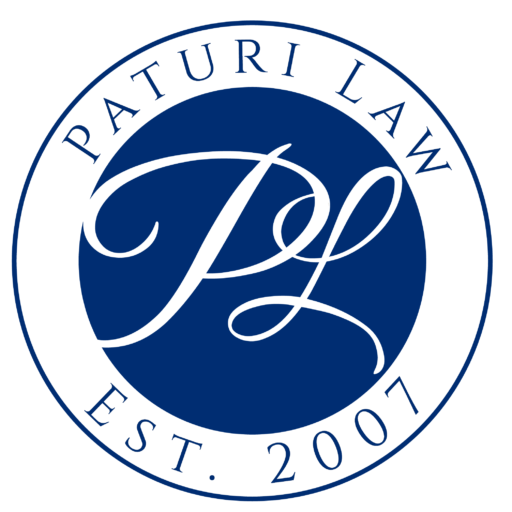On June 17, 2020, USCIS published a policy memoranda rescinding two prior memoranda that officers were using as guidance to adjudicate certain H-1B petitions. This first memorandum provided guidance on the requirement that a petitioner establish that an employer-employee relationship exists and will continue to exist with the beneficiary throughout the duration of the requested H-1B validity period. The second memorandum provided guidance relating to H-1B petitions filed for workers who would be employed at one or more third-party worksites, and is intended to be read together with the first memo.
The rescission of these memos takes effect immediately. So what does this mean for H-1B petitions?
First, the officer should consider whether the petitioner has established that it meets at least one of the “hire, pay, fire, supervise, or otherwise control the work of” factors with respect to the beneficiary. Prior to the decision, officers would look to see if more than one, and in most cases, all five of these factors in rendering a decision were met. Therefore, it appears that the burden for meeting this criteria has been eased.
Next, the petitioner has the burden of proof to establish that a bona fide employment exists at the time of filing and it will employ the beneficiary in the specialty occupation. If this is met, then the officer should not request any additional information and should approve the petition provided that all other criteria are met. If the officer denies the petition based on this criteria, then they must clearly articulate the reasons for the denial.
Next, an H-1B petitioner is not required by existing regulation to submit contracts or legal agreements between the petitioner and third parties. In assessing whether an employer and a beneficiary have or will have an employer-employee relationship, the officer may consider any evidence provided by the petitioner, including chain of contracts or legal agreements between the petitioner and third parties, but it is not required. Further, if a petitioner provides contracts or legal agreements, the officer is not precluded from evaluating that evidence in the adjudication of other eligibility criteria.
Next, an employer does not have to provide evidence of specific day to day assignments. Workers do, however, have to be actually working, and not being “benched.” This is especially relevant as more companies are furloughing workers due to the COVID-19 pandemic.
Finally, the policy guidance touches on the fact that itineraries are no longer needed, and more importantly, if an officer grants an H-1B validity period for less than the time requested in the petition, then the officer must state the reasons for the shortened validity period.
As always, please visit our blog and the Paturi Law website for the latest news covering this and all other immigration and real estate issues.
